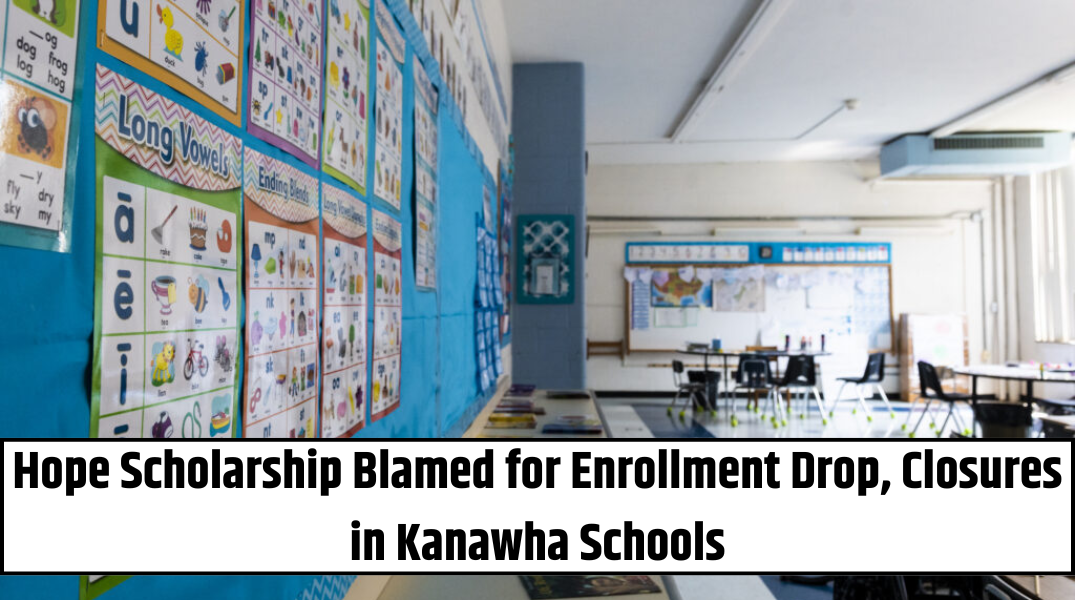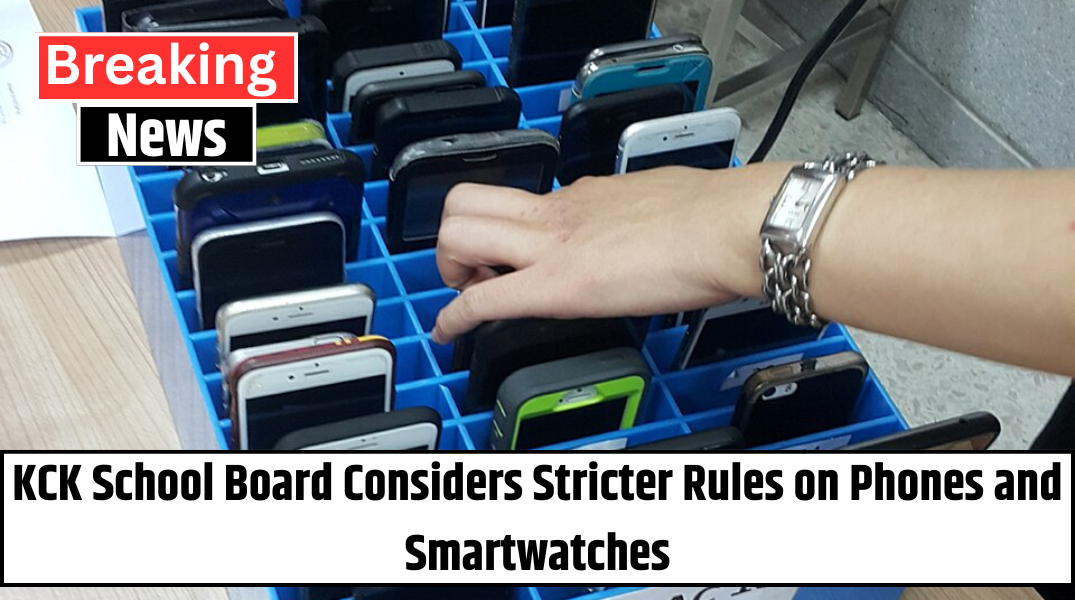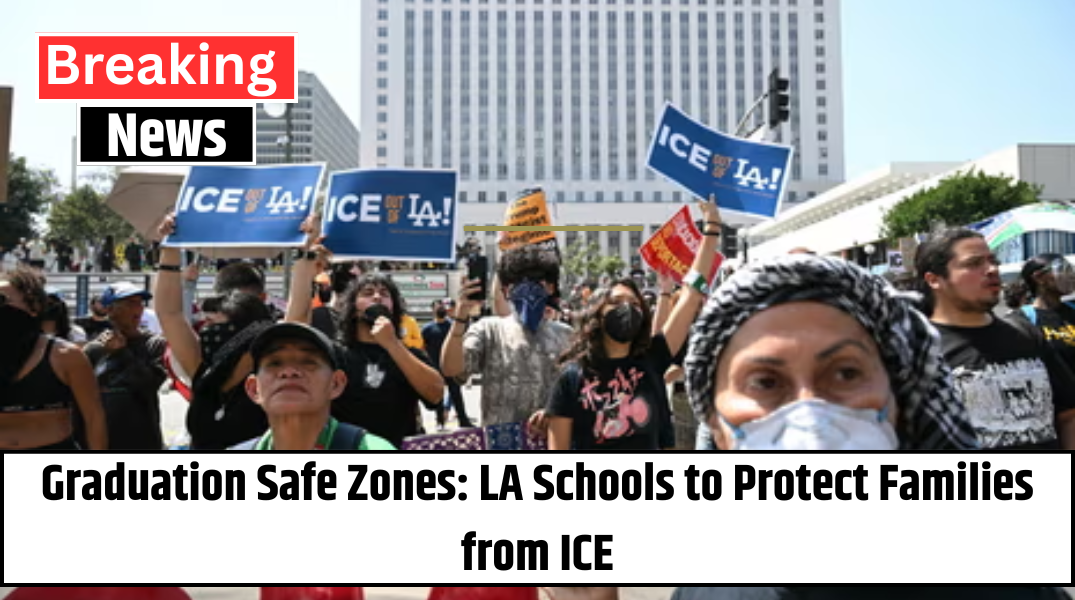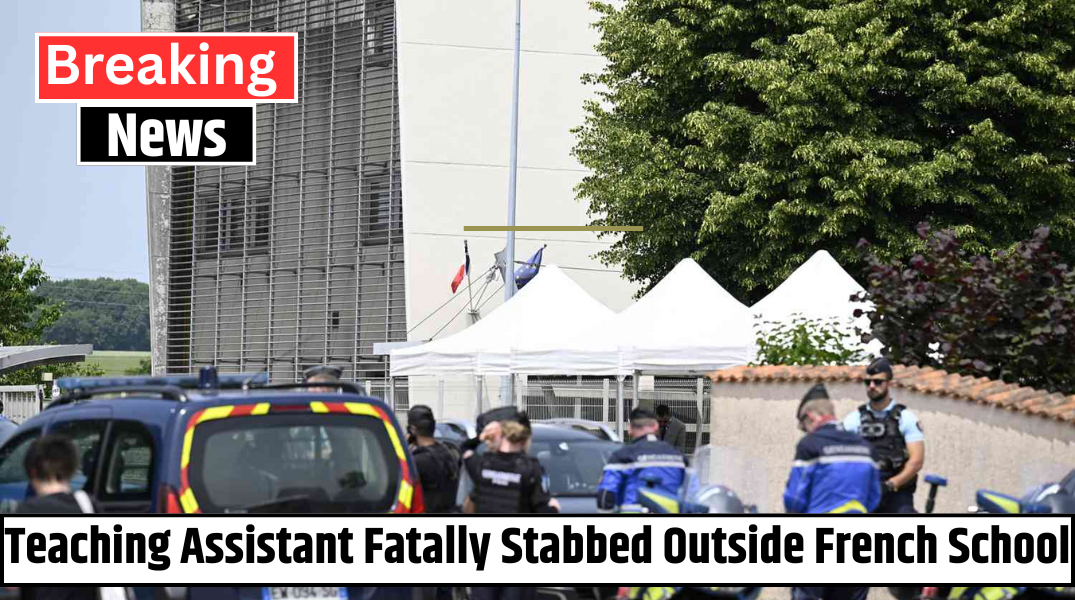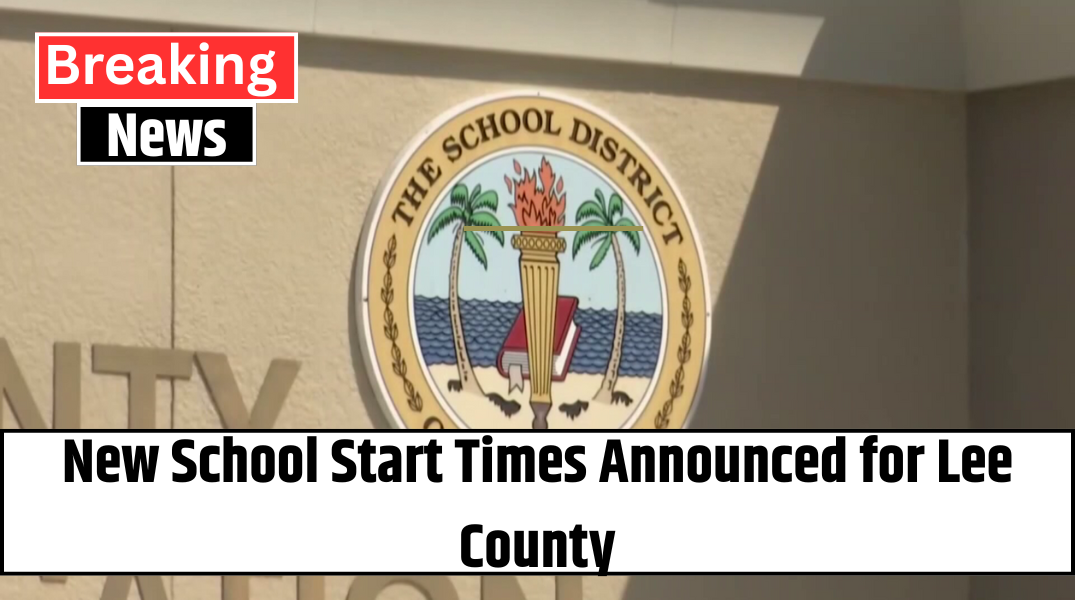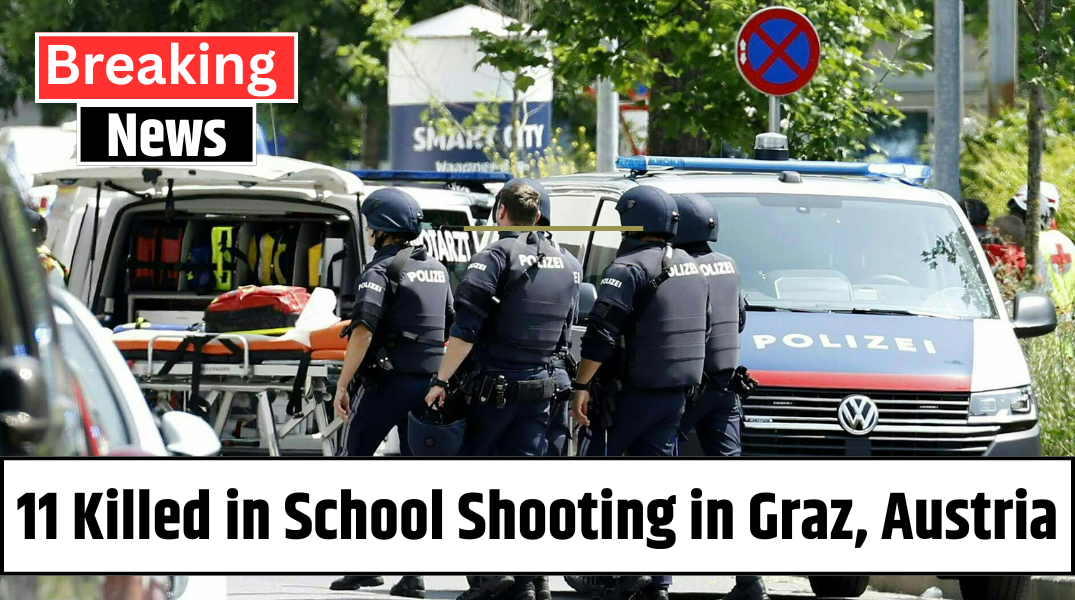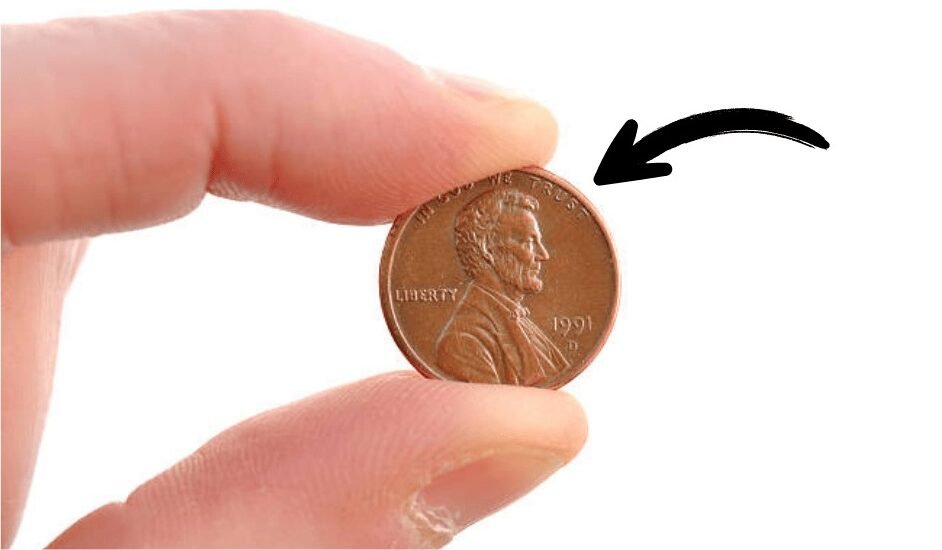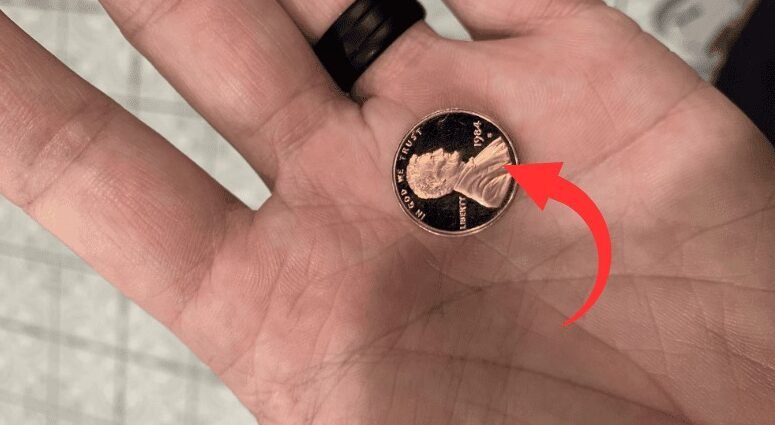CHARLESTON, W.Va. — As school choice becomes more accessible in West Virginia through the Hope Scholarship Program, educators like Summer Grose, a Kanawha County public school teacher, are witnessing profound shifts in student enrollment — and with it, a financial strain that could reshape the future of public education in the region.
The Hope Scholarship, launched to give families the freedom to opt for private or alternative schooling, provides state-funded financial assistance to eligible students. These funds can be used not only for tuition at private institutions but also for homeschooling-related expenses, such as curriculum materials or specialized services.
But while the scholarship is meant to empower parental choice, its ripple effects are creating growing concern in districts like Kanawha County — where the highest number of Hope recipients in the state has led to an uncomfortable trade-off: greater school choice at the cost of shrinking public school resources.
Public Schools Losing Funding with Each Student Who Leaves
“When a student leaves the public school system, the funding goes with them,” Grose explained. “That means fewer resources for the students who remain. It’s not just about numbers — it’s about losing teachers, counselors, even entire programs.”
Also Read – Parents Outraged Over Racial Slur in Elementary School Yearbook
According to a report by the West Virginia Center on Budget and Policy, 720 students from Kanawha County took advantage of the Hope Scholarship during the 2023-24 academic year — the highest count of any county in the state. That number may seem small in a district serving thousands, but the financial impact is disproportionately large.
“Public schools rely heavily on per-pupil funding from both state and federal sources,” Grose said. “When students leave, that money disappears — but our responsibilities don’t.”
Scholarship Doesn’t Always Cover All Costs
Critics of the program, like Seth DiStefano, Senior Policy Outreach Director with the West Virginia Center on Budget and Policy, say the scholarship is inadvertently favoring families with more resources.
“The average Hope Scholarship award doesn’t even cover full private school tuition, and it certainly doesn’t pay for transportation or lunch — things that public schools provide to all students,” DiStefano noted. “This means that wealthier families, who already have the means to pay the gap, are the ones benefiting most.”
As a result, several schools in East Bank, Malden, and Mary Ingles are now slated to shut down due to falling enrollment and dwindling budgets — closures that community members argue are rooted in policies that put public institutions at a disadvantage.
Balancing Choice with Fairness
Despite the setbacks, Grose believes in the importance of offering educational alternatives for families with unique needs.
“For some children, a different environment is exactly what they need to thrive,” she acknowledged. “Whether it’s smaller class sizes, specific learning programs, or more flexible pacing — private or homeschool options can make a big difference.”
Still, she says the current system is flawed.
“We’re asking public schools to operate under rigid accountability rules, while private schools receiving public funds aren’t held to the same standards,” she said. “That’s not competition — that’s imbalance.”
A Statewide Trend with National Implications
West Virginia is among a growing number of states that have implemented education savings account (ESA) programs like the Hope Scholarship. While these programs are often framed as pro-parent and pro-student, education experts warn that without careful oversight, they risk undermining the very system they aim to improve.
An interesting national parallel: in Arizona, a similar ESA program has ballooned in cost and created budgeting headaches for public education. Florida’s expansion of school choice has also triggered lawsuits from advocates concerned about funding disparities.
Also Read – 2025 Teacher Pay Update: Average Salaries Rise Slightly Nationwide
Looking Ahead
As more families apply for the Hope Scholarship in the upcoming school year, debates around equity, access, and accountability will likely intensify. Community leaders, educators, and policymakers will need to determine how to support educational freedom without weakening the foundational role of public schools.
“Choice shouldn’t come at the cost of community,” Grose said. “We need to find a way to offer families options without sacrificing the schools that serve everyone.”
Did You Know?
West Virginia’s Hope Scholarship makes students eligible for nearly $4,500 per year — but average private school tuition in the state can exceed $7,000. Transportation and extracurricular access are additional out-of-pocket expenses many families may not anticipate.
